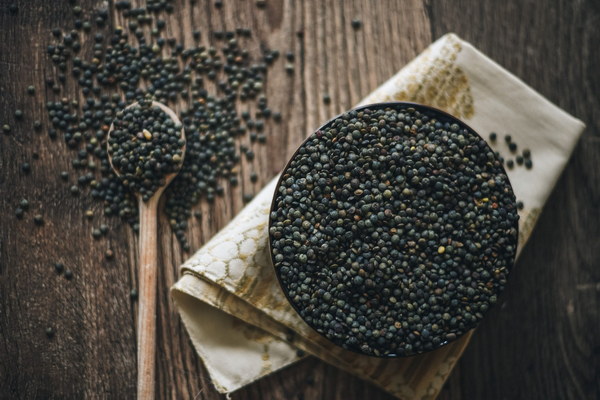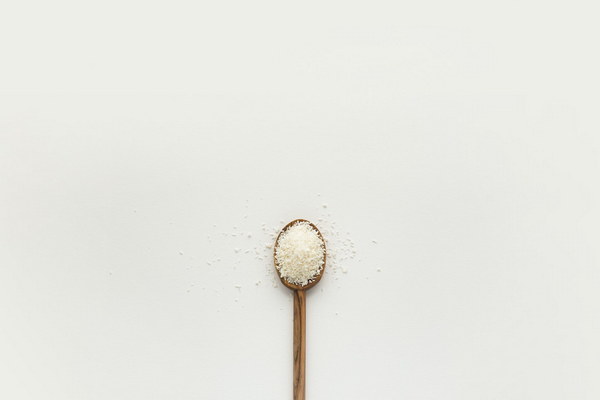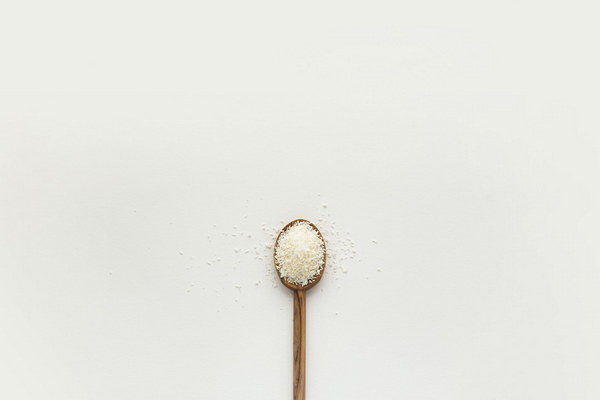Does Chrysalis Help Cool Lung Heat Unveiling the Benefits of Chrysalis in Traditional Chinese Medicine
In the realm of Traditional Chinese Medicine (TCM), the chrysalis, also known as the pupa of the cicada, has been utilized for its medicinal properties for centuries. One of its most notable applications is in treating lung heat, a condition that can manifest in various ways such as coughing, sore throat, and difficulty breathing. But does chrysalis actually help cool lung heat? Let's explore the topic in detail.
Lung heat, also known as phlegm heat, is a condition where the lung meridian is overheated due to an accumulation of phlegm. This condition can arise from various factors, including excessive smoking, environmental pollution, and poor diet. In TCM, chrysalis is believed to possess properties that can alleviate lung heat and associated symptoms.
The active ingredients in chrysalis are thought to include alkaloids, flavonoids, and other organic compounds. These substances are believed to have anti-inflammatory, expectorant, and antipyretic effects, making chrysalis an effective herb for treating lung heat.
One of the primary benefits of chrysalis in treating lung heat is its ability to promote expectoration. Excessive phlegm can cause discomfort and difficulty breathing, and chrysalis helps to thin and expel this mucus, thus alleviating these symptoms. Furthermore, chrysalis can also help reduce inflammation in the respiratory tract, further improving breathing and reducing discomfort.

In addition to its expectorant properties, chrysalis is also known for its antipyretic effects. When the body is overheated, it can lead to fever and other symptoms. Chrysalis helps cool down the body temperature by promoting the dissipation of heat, thereby reducing fever and associated symptoms.
To effectively utilize chrysalis for treating lung heat, TCM practitioners often combine it with other herbs, such as Fritillaria thunbergii (Bulbus Fritillariae Thunbergii), Scutellaria baicalensis (Baical Skullcap), and Platycodon grandiflorus (Platycodon Grandiflorus). This combination of herbs can enhance the overall therapeutic effect, as each herb targets different aspects of the condition.
It is important to note that while chrysalis can be beneficial in treating lung heat, it is not a substitute for professional medical treatment. If you suspect you have lung heat or any other health condition, it is essential to consult a qualified TCM practitioner or healthcare professional.
In conclusion, chrysalis is a valuable herb in TCM, known for its ability to cool lung heat and alleviate associated symptoms. Its expectorant, anti-inflammatory, and antipyretic properties make it an effective choice for treating lung heat. However, it is crucial to seek professional advice before using chrysalis or any other herbal remedy, as individual health conditions and needs may vary.









